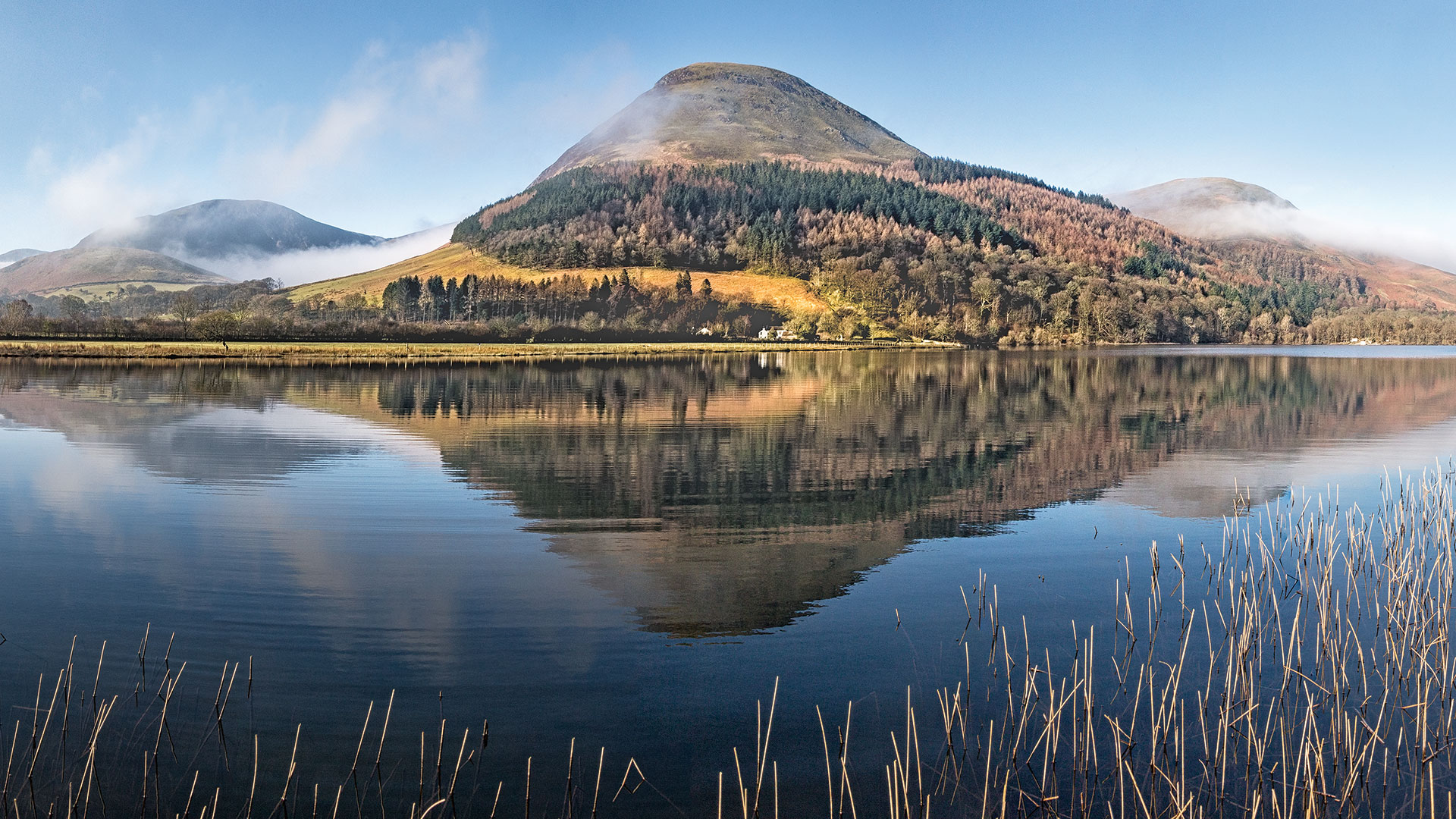In 2007 on the Outer Hebridean Isle of Lewis, I was given an extraordinary document. It was entitled Some Lewis Moorland Terms: A Peat Glossary, and it listed Gaelic words for aspects of the moorland that fills Lewis’s interior. Reading the glossary, I was amazed by its glittering particularities: èit refers to ‘the practice of placing quartz stones in moorland streams so that they would sparkle in moonlight and thereby attract salmon to them in the late summer and autumn’, while rionnach maoim means the ‘shadows cast by clouds on moorland on a sunny, windy day’.

Reading that Peat Glossary set my head a-whirr with wonder-words. But it seemed to me an anomaly. For our available language for and knowledge of everyday nature is, surely, becoming depleted – especially among children.
A 2016 research paper by Cambridge University conservationists found that eight- to 11-year-old schoolchildren were ‘substantially better’ at identifying common Pokemon characters than common species of British wildlife. Out of the 53 million words used in the 120,000 submitted stories for the BBC’s 500 Words competition (open to children aged five to 13), words for nature were notably rare. ‘Acorn’ was used just 293 times, for instance, ‘buttercup’ 167 times and ‘conker’ 155. This retreat of both knowledge and experience of nature has corresponded with a drastic loss of species and habitat in Britain and beyond – 53 per cent of species in the UK are in decline but 52 per cent of the British public are unaware of this situation.

In response, I decided to set out and gather as many place-words for aspects of nature, landscape and weather as possible, from the many dialects and languages of our islands. Once gathered, I wanted to find ways to release these words back into imaginative circulation, in the hope of enriching and diversifying our language for the living world.
So I travelled to meet the users and keepers of such place-words around Britain and Ireland: crofters, farmers, sailors, fishermen, naturalists, artists and countless everyday people who knew and loved their particular landscapes. I pored over glossaries and dictionaries in archives and on the web, and I sent out letters and emails to hundreds of people.

Wild words came whirling in. Foggit: a Scots term meaning ‘covered in moss or lichen’; shuckle, a Cumbrian term for ‘icicle’, or pirr, Shetlandic for a ‘light breath of wind that ruffles the surface of the water’; zawn, Cornish for a wave-smashed chasm in a sea-cliff; smeuse for the ‘hole in a hedge made by the repeated passage of small animals’. Some of these words were beautifully poetic, some dramatic, some thrillingly precise – and some unspeakably rude.









